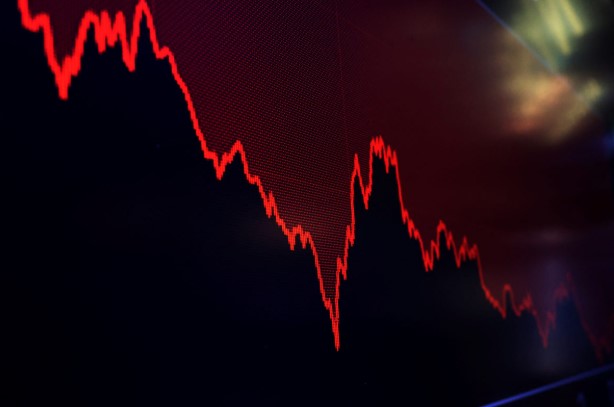The stock market is a direct reflection of the constantly changing economy, with share prices rising and falling by the second. These shares, which are portions of a company, are bought by investors to potentially earn a profit. The value of a stock represents the price of a single share. These values are not necessarily always determined by the performance or quality of a company, as many outside factors can contribute to loss or gain in value. For instance, the stock market experienced a sudden plummet of about 5% across the board on April 3-4 of this year because of President Trump announcing his new tariffs, which have now been paused. But what even is a tariff, and why did the enactment of the tariffs cause so much hardship to the market?
What is a tariff?
A tariff is a tax charged by the government on goods being imported over their border. It is often misconceived that these taxes are paid by the country sending the goods, but they are paid by the company doing the importing, and so it may seem unclear why a country would choose to impose them.
Tariffs are usually imposed to promote self-reliance as it becomes cheaper to manufacture our own goods and help create jobs for people within the country.
This was President Trump’s main goal as he put these tariffs in place. While in the long run these benefits are completely reasonable, it would take time to see an actual turnaround. It is unrealistic for a country that heavily relies on imports to suddenly produce everything it needs.
Tariffs can also be used as a form of punishment or push back to other countries as they limit those countries exporting profit as more people buy from within.
How did Trump’s tariffs so rapidly impact the stock market?
In short Trump’s tariffs caused this immediate downward action in the stock market because of their effect on the profit of companies causing investors to sell.
The companies who will need to pay these tariffs will face less profit, as the money going is greater and unless prices increase, less profit is coming out. Another factor contributing to the decrease in profit is that if, and when prices go up consumers are less likely to be spending. This forecasting pushes investors to sell their shares when the profits are high, rather than missing their opportunity.
Sequentially, when less people want a stock, when there is less demand, it becomes much less hard to get, further decreasing its value.
Beyond the Market
Coco Prohm, a freshman at Hingham High School, admitted “I know very little about the stock market, but I know the rapid decrease we saw was very dramatic and bad.” The reaction reflects the confusion many Americans faced after Trump’s tariffs, which were supposed to help them, took effect. To many like Maddie the stock market is a distant thing, but the same effects are taking hold of parts of their life.
One impact beyond the stock market was on investment- based savings accounts, such as retirement 401(k)s. These financial tools are closely tied to market performance, and when the tariffs trigger downturn their savings people have built for decades can be seriously jeopardized.
Another negative impact that goes beyond the stock market is the widespread price increases triggered by these tariffs. For a product to remain unaffected by tariffs, it must be entirely made with American resources– which is extremely rare. Take a Florida orange, for example. While the fruit itself is grown in the U.S., the pesticides used on it, the farming equipment, the processing material, the transport truck, the barcode sticker, and even the netting that holds it at the grocery store may all come from abroad. Tariffs on any of these imported components will raise the price of the final product, as the production company tries to maintain a profit.
What was the effect of the 90-day pause?
After just almost a week of being active, Trump put a 90-day pause on all his newly announced tariffs. This elicited the opposite reaction of investors as putting them in place did, and the stock market began to trend more upwards. However, if after 90 days is up, and Trump decides to reenact these tariffs, economists predict the same falling trend to occur once over. Maddie Everett, a sophomore, noted how she was “surprised at how quickly the tariffs were enacted and repealed.” The recent trends in the market have kept investors and regular citizens alike on the edge of their seats.
To conclude, the stock market fell sharply due to Trump’s tariffs, which raised costs for companies and worried investors. While the 90-day pause helped calm this temporarily, the uncertainty still lingers. This situation is a perfect reflection of how a decision made in an office can affect the economy and each and every individual.

































